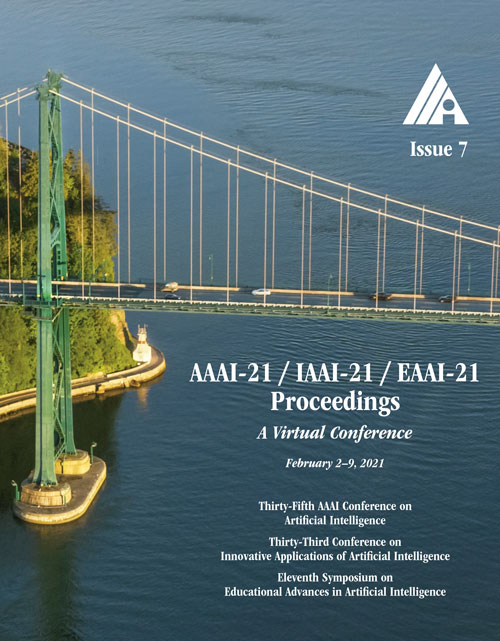Argumentation Frameworks with Strong and Weak Constraints: Semantics and Complexity
DOI:
https://doi.org/10.1609/aaai.v35i7.16768Keywords:
ArgumentationAbstract
Dung's abstract Argumentation Framework (AF) has emerged as a central formalism in formal argumentation. Key aspects of the success and popularity of Dung's framework include its simplicity and expressiveness. Integrity constraints help to express domain knowledge in a compact and natural way, thus keeping easy the modeling task even for problems that otherwise would be hard to encode within an AF. In this paper, after providing an intuitive semantics based on Lukasiewicz's logic for AFs with (strong) constraints, called Constrained AFs (CAFs), we propose Weak constrained AFs (WAFs) that enhance CAFs with weak constraints. Intuitively, these constraints can be used to find ``optimal'' solutions to problems defined through CAFs. We provide a detailed complexity analysis of CAFs and WAFs, showing that strong constraints do not increase the expressive power of AFs in most cases, while weak constraints systematically increase the expressive power of CAFs under several well-known argumentation semantics.Downloads
Published
2021-05-18
How to Cite
Alfano, G., Greco, S., Parisi, F., & Trubitsyna, I. (2021). Argumentation Frameworks with Strong and Weak Constraints: Semantics and Complexity. Proceedings of the AAAI Conference on Artificial Intelligence, 35(7), 6175-6184. https://doi.org/10.1609/aaai.v35i7.16768
Issue
Section
AAAI Technical Track on Knowledge Representation and Reasoning

